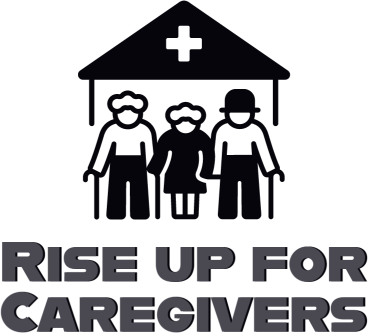Caregivers pursue rewarding, yet stressful work. Often, caregivers find that they have such little time to care for themselves that their stress levels climb, and their mental health suffers. Unfortunately, when caregivers do not make time for self-care, the quality of the care they provide to their care recipients or loved ones suffers. The following tips will help you to work self-care into your day as a busy caregiver.
1. Keep a Book Handy at All Times
No matter if you prefer fiction, nonfiction, or poetry, you need to keep a book handy at all times. When you read, you give yourself permission to sit and take time for yourself. One study shows that reading for 30 minutes is an effective way to relieve stress. In fact, it is more effective than listening to peaceful music or drinking tea.
Reading also gives you a mental break from your day. You will escape into another world or the character’s problems and give yourself a time-out from your responsibilities and stress for a bit. It’s important to note, though, that scrolling through your phone and reading your newsfeed or social media updates will not give you a mental health boost. In truth, these smartphone activities increase your stress level.
2. Get Into Nature
As a caregiver, you know that your care recipient should spend as much time outdoors as possible to get fresh air and sunshine. The same goes for you. When you get outside, either by taking a trip to a nearby park, public garden, or even a backyard, you can focus on your breathing and clear your mind. Getting outside also gives you a break from work, even if you push your care recipient in a wheelchair, because you don’t have to focus as much mental energy at that moment as you do when you provide regular care indoors.
Research shows that nature reduces stress as you walk, enjoy the sights and sounds of nature, and take a mental break. If you absolutely cannot get outside, look at photos of nature in a quiet room or spend time in a room with plants in it.
3. Eat Better and Drink More Water
It may seem counterintuitive that eating better and drinking more water provide mental health boosts, but these activities help you take care of yourself physically, which improves your mental health. Eat nutritious meals and skip snacking on junk food in the middle of the day. By keeping fresh fruit in sight on the counter or table and keeping junk food hidden in drawers or cabinets, you’ll be more likely to reach for a healthy snack. The better the food that you eat, the better you fuel your body and your brain.
It’s also a good idea to track how much water you drink in one day, even when you are at your busiest as a caregiver. You don’t need to diligently measure ounces, but you should take some steps to ensure you stay hydrated. Keep a water bottle with you at all times, drink a glass of lukewarm water with lemon when you wake up, and use your smartphone reminders or an app to prompt you to keep drinking throughout the day.
4. Use Quick Coping Skills to Deal with Stress
While you likely don’t have time to go for a massage every day to reduce your stress level, you can use some quick coping skills to do so. For example, you could use one-minute stress busters, write in a journal, or watch a funny show or movie with your care recipient. Be sure to take a few deep breaths, evaluate the tension in your neck, back, and shoulders, and force yourself into a relaxing position for a minute or two before doing anything else.
To be at your best as a caregiver, you need to work self-care into each day. Begin by keeping a book handy, spending time in nature, eating better and drinking more water, and using quick coping skills to reduce your stress level.
Image via Pixabay by StockSnap
